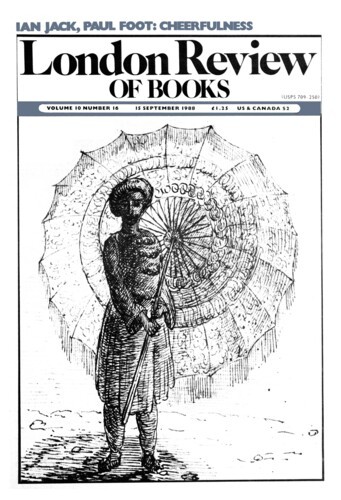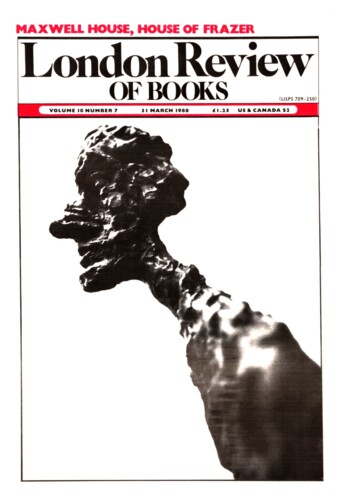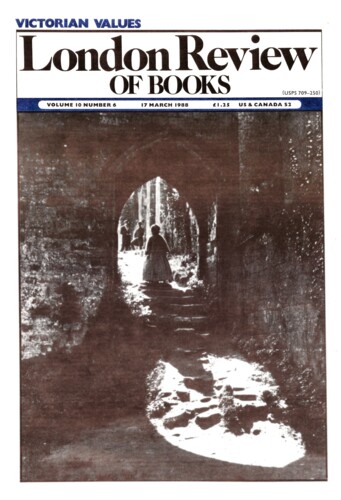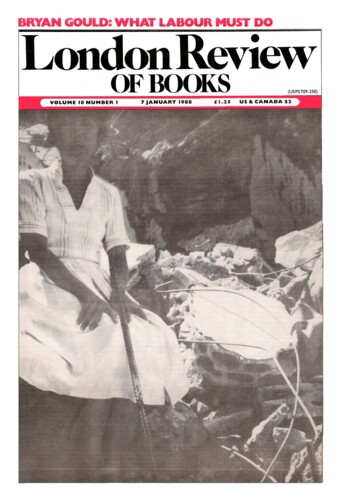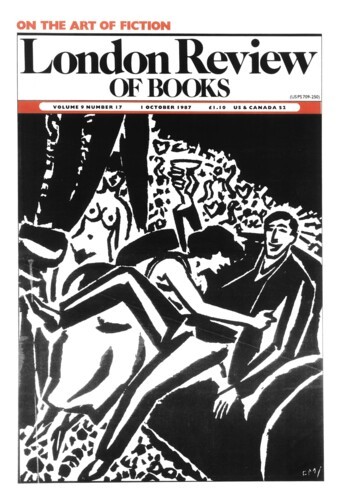Memoriousness
E.S. Turner, 15 September 1988
Louis Heren, the veteran foreign correspondent, had hoped to become editor of the Times in succession to William ReesMogg, when Rupert Murdoch bought the newspaper. Heren was told that, at 61, he was too old. Under Harold Evans he failed to flourish (‘Evans trashes me, to use the US Army expression, and most of my former colleagues in his book Good Times, Bad Times’), so he took his redundancy money and settled for writing books. His autobiographical Growing up in London was followed by Growing up on the ‘Times’ which concentrated on his overseas assignments. Both were vivid and zestful memoirs.
